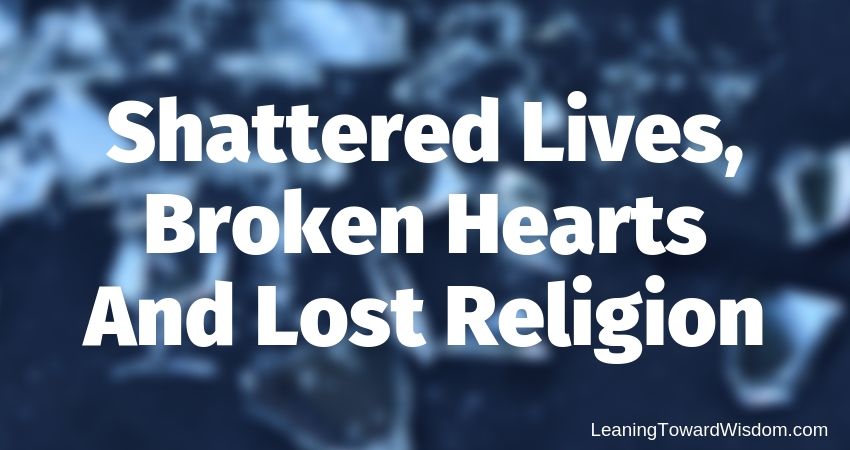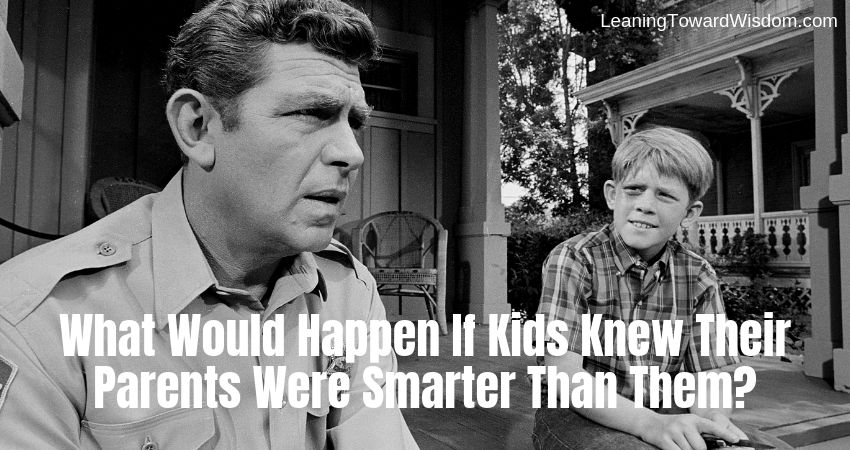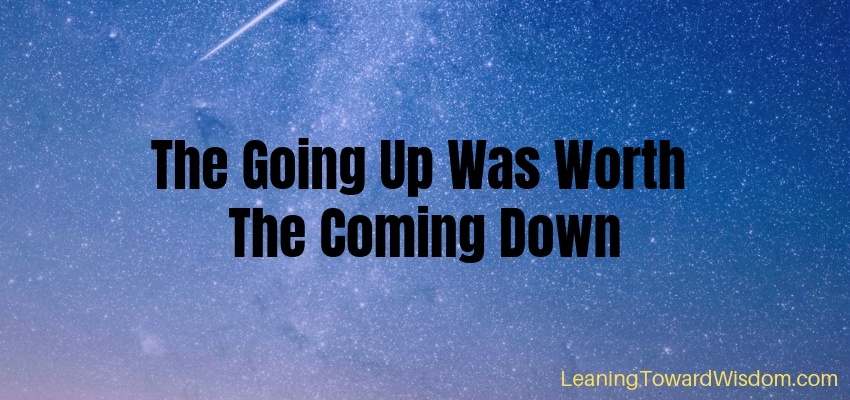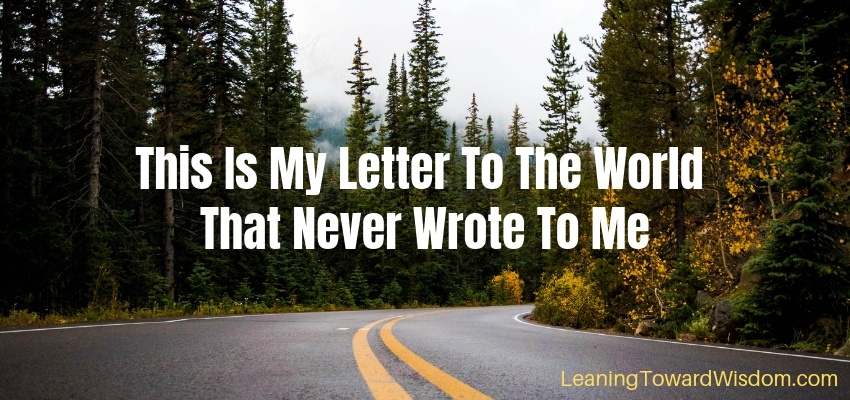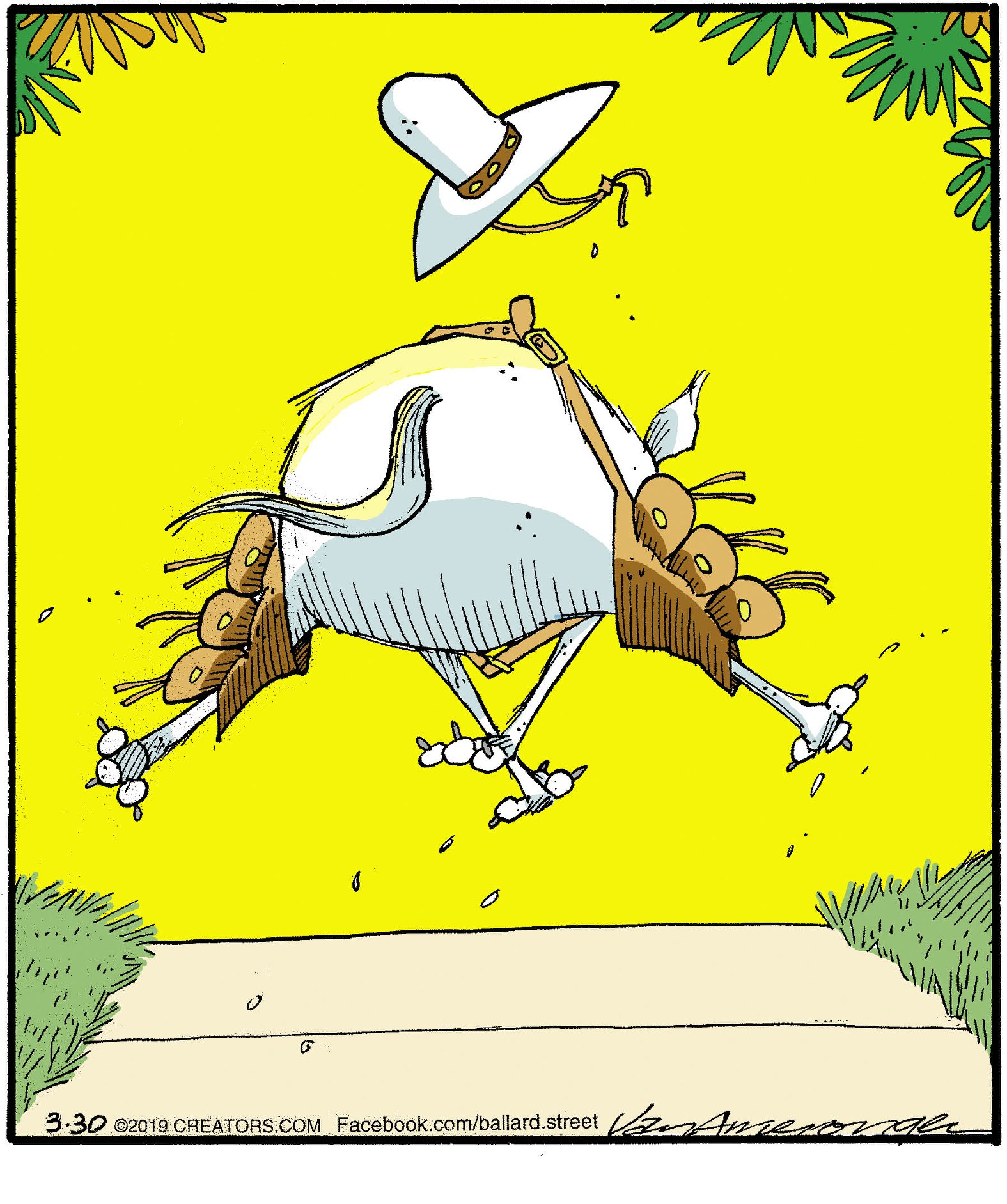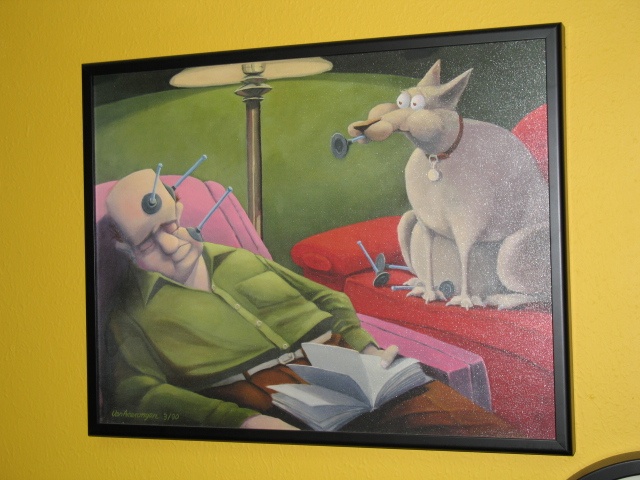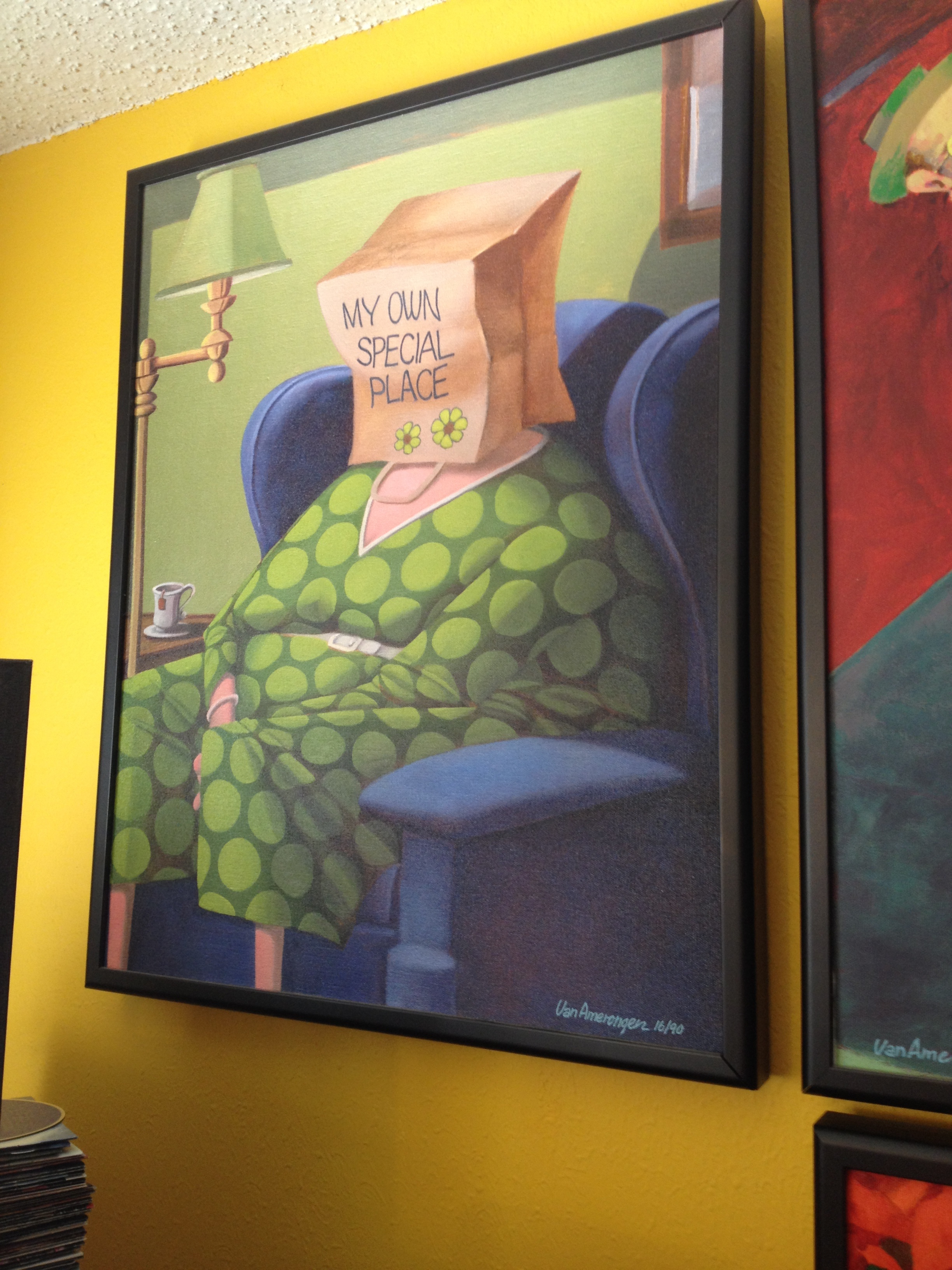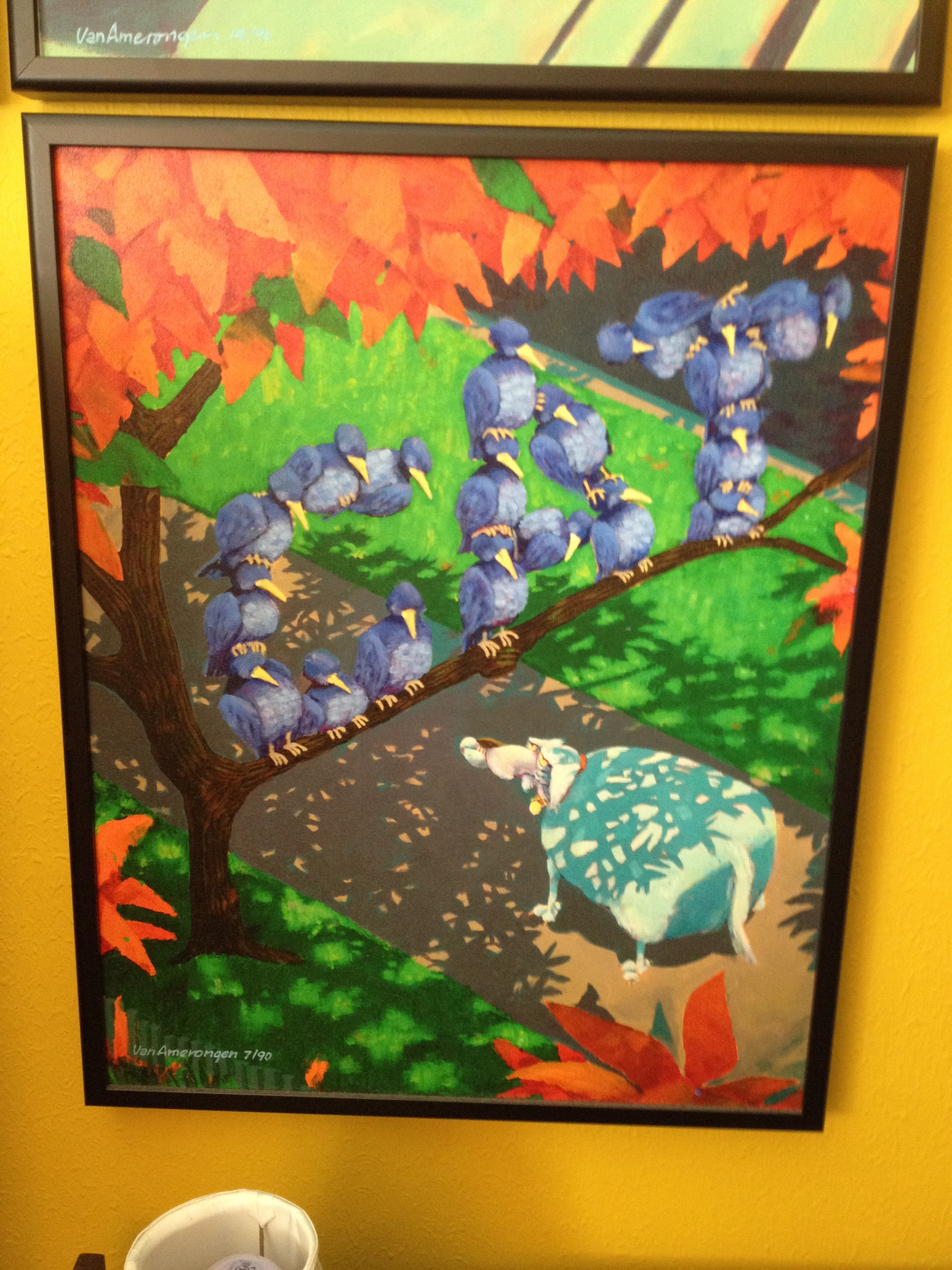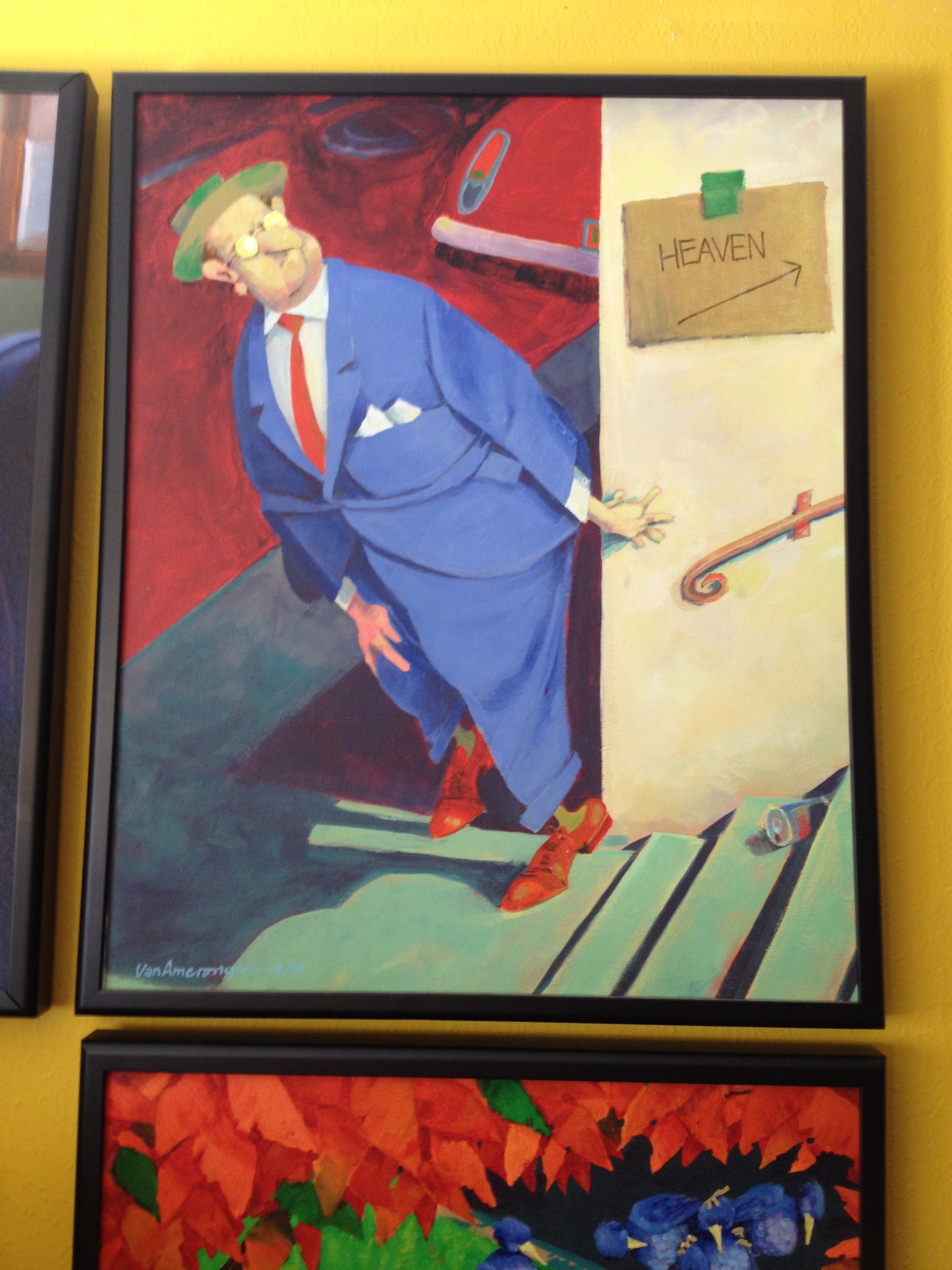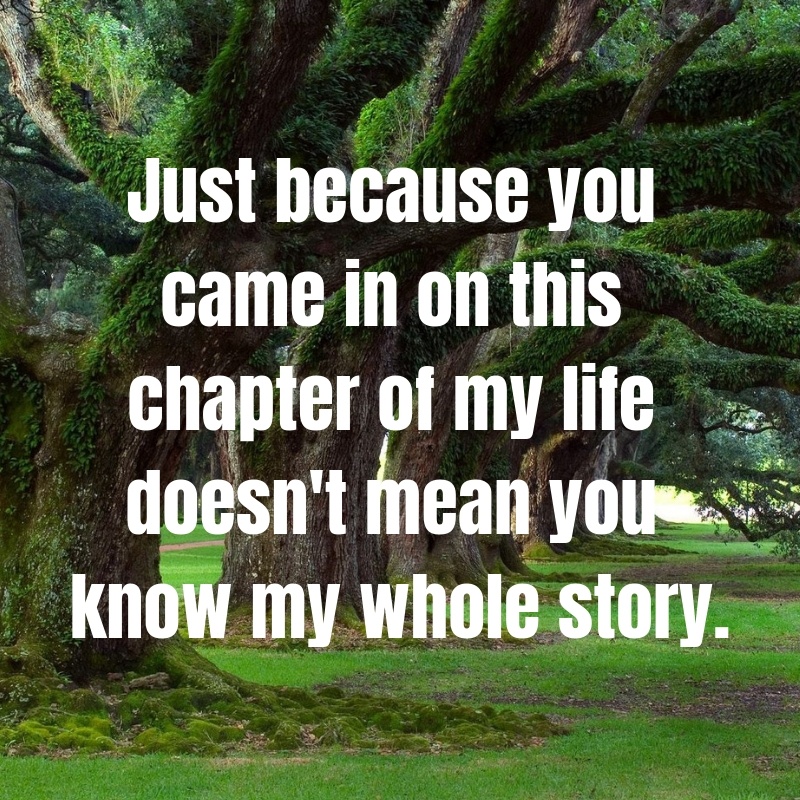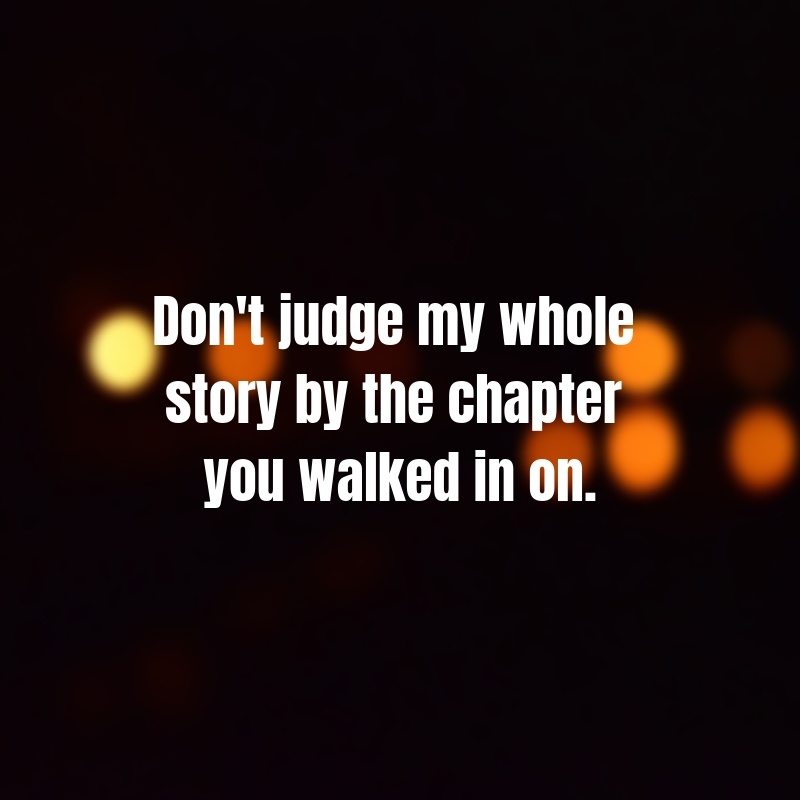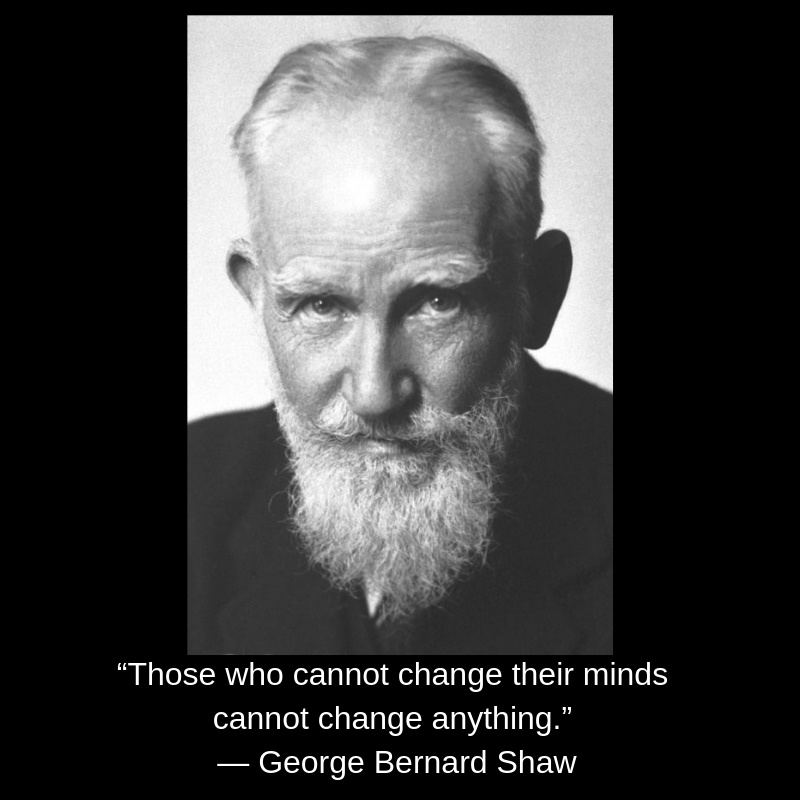Shattered Lives, Broken Hearts And Lost Religion (5029)
Podcast: Play in new window | Download (Duration: 33:26 — 38.4MB)
Subscribe: Apple Podcasts | Spotify | iHeartRadio | Email | RSS | More
Cue R.E.M. singing, Losing My Religion.
I’ve said too much.
I haven’t said enough.
The quandary for a communicator.
When my children were young I remember telling them how they were cursed with a father who would likely go to the grave having said too much. I can’t fully explain the urge to connect and communicate with my children. Or anybody else I love. It’s a powerful urge.
One I mostly answer with rare exceptions.
The exceptions are when I sense little or no desire on the part of the other person. I quickly – usually – accept it and allow my introversion to kick into full gear. It’s easy really. To climb into my head and be alone there for extended periods of time.
Faith.
Nothing is more important. Nothing. And for good reason.
Eternity changes everything.
My faith isn’t blind or without compelling evidence. It’s based on the Bible and I know people can hurl barbs against “religion” and faith. It’s fine. I’m not too bothered by it. Mostly, I know how fortunate and blessed I am to have been taught the Truth of God’s Word. I hit the proverbial lottery because I didn’t have to go searching for God or the Truth. It was handed to me on a platinum platter. My wife and I did the same for our children.
Kevin Stevens is a 2-time Stanley Cup winning retired NHL’er. He played with the likes of Mario Lemieux and was an outstanding left winger for the Pittsburg Penguins. He earned over $21 million during his playing career (and that in an era where players didn’t earn many millions per season like today). He squandered it all. Wrecked his health. And his marriage. And his relationship with his kids. And his parents. And the rest of his family. And teammates who loved him.
He hurt everybody who loved him. Mostly, he hurt himself with heavy doses of shame, self-loathing and guilt.
Addiction will do that. Always. 100% of the time.
Every story is uniquely identical.
Take a human being. Insert drugs – legal or otherwise – and watch the person turn their life completely around. Not in a good way.
180 degrees.
It happens every single time.
I’ve heard stories from dozens of people from all walks of life. All kinds of educational (or lack thereof) backgrounds. People engaged in every kind of work you can imagine. People with strong convictions based on faith and people who never had faith.
Mostly ordinary moral people living decent lives.
Then giving it all up.
Becoming immoral, reckless, selfish, despicable people steeped in shame and embarrassment. But refusing to face it because masking it is easier. Riding on a train track taking their lives into an abyss they never planned. Living in ways they never imagined possible. Finding their lives in a new normal that is deplorable compared to who they once were.
Loving nobody but themselves. Caring about nothing but how victimized they feel by anybody and everybody who has ever loved them.
Lying. Cheating. Stealing. Crawling into ever descending gutters of human choice they can find or create. All the while feeling worse and worse about themselves but unable or unwilling to change their course.
Take any breakable item you’d like. A nice plate. A favorite coffee cup. A bowl. Something you enjoy. Something you find valuable – not necessarily expensive, but something you esteem regularly because you use it and it brings you joy.
Throw it on the floor. Treat it as though it now no longer matters to you. Treat it as though it has betrayed you and made you angry. Break it into as many pieces as possible and see it scattered across the floor. Gone! Destroyed.
Unable to hold your morning coffee.
Unable to hold your favorite breakfast cereal or dessert.
The item you once loved now broken into so many pieces you can’t count them all. And you wonder, “How will I ever get this back together?”
Shattered lives are far more difficult to put back together though.
The glassware doesn’t fight your work to put it back together. People do.
The glassware doesn’t deny being broken. People do.
When a life goes off the rails and shatters, unlike the glassware – it breaks other lives, too. A bowl that hits the floor doesn’t cause the other bowls in the cupboard to break. But a human being does. When a life shatters, those who love that life are broken hearted. It can’t be prevented. It’s the price demanded by love.
Truth. Responsibility.
I’m hard pressed to find two terms that more properly define how we should live if we hope to contribute to humanity and live a meaningful life. These are choices we can make. Refusing them brings us shattered lives, broken hearts and loss of faith, and our soul. Our opportunity to provide light to the world – however much light one life can provide (which is quite a lot actually) – dissipates and eventually disappears when we refuse to choose truth and responsibility.
The alternative choice made by many is to lie to themselves and to others. Liars won’t bear responsibility. So it’s killing two ideals with one choice. An easy path to a wrecked life that corrupts all of us. Think your life has no impact on the rest of the world? That’s the biggest lie of all perhaps.
Lives that refuse to face the truth of themselves and their circumstances are doomed. Hopeless. How can it be anything else when you won’t stare down your problems with a determination to become better.
It’s all about improvement, not perfection.
It’s about growth, not achievement.
It’s about individual commitment to live a good life. A life dedicated to truth to responsibility.
The cause? Well, it can be almost anything. Immaturity. Selfishness. Substance abuse and addiction. Lack of self-control. Misplaced affections. Poor influences.
Whatever the impetus, shattered lives are the domain of accountable people capable of making a choice. In other words, they’re without excuse. It doesn’t mean there aren’t contributing reasons, but it means people willing to shatter their lives leaned into those reasons, opting to use them as excuses. In that regard, they choose to be victims. Victims of their own choosing. Even though they most often don’t see it that way. No surprise…because truth and responsibility don’t define how they live. They prefer lies, dishonesty, and fault-finding.
What do you do with a shattered life? It depends. On whose life it is.
If it’s yours, you get whatever help you must. I’m not bold enough (or crazy enough) to tell you to buck up and do what you must to get things fixed. Would that it were that easy. But it’s not. Ever.
We like smooth, easy, quick answers to really complex problems. It’s not realistic and often does more harm. Lives are complicated. Our problems are complex.
People can help us. But not until we’re ready.
Some people claim bravery is the first step, but bravery is quite a ways up the road from where the journey begins. It begins with some realization that this ain’t working. It’s that whole “coming to yourself” magic that every person must experience before growth or improvement can happen. Until we come to ourselves and realize the current habits of our life are not working to serve us – or anybody else who loves us – nothing is going to change. We’re closed off to any opportunity to become better human beings until our guilt, shame and whatever else we’re feeling is more than we can or want to handle. Hence, that proverbial rock bottom.
Others can see how shattered our lives are, but we’re always going to be the last to know. It’s the counter leadership phenomenon. Great leaders see the future first. Shattered lives see the truth last. It’s why people who eventually come to themselves all say (100% of them), “I can’t believe that was me!” They couldn’t see it even though everybody else could. By the time they see it, the shattering has likely gone on for quite some time wrecking everything in its path.
If the shattered life is somebody else’s – there’s nothing you can do to actively change it. It’s not your life. What you see doesn’t matter. It only matters what they see. Letting people we love shatter their life is difficult, but not really – because we’re powerless to stop them. Letting them go and enduring their bitterness toward people they’ve known and loved all their life is hard, but you can’t do one thing to prevent it. Shattered lives are built on lies, finger-pointing, excuse-making and not facing the truth. Don’t waste your time trying to figure it out because it’s a superior level of delusion that only other shattered lives see or understand.
Until the fog lifts.
Unless the fog lifts.
It doesn’t always lift. Sometimes the fog consumes people and they’re lost forever. The lucky and blessed ones hit some point in their lives where they give some consideration to an alternative. It’s why some people recovering from a shattered life express it like this…
“I suddenly thought, ‘What am I doing?'”
When life is so broken we look in the mirror and realize it’s us – we’ve done this – then we’re beginning to make a decision to lean into the truth. But only when we’re sick of the lies.
Shattered lives are wasted lives. Sadly, the waste isn’t confined to their life. Every shattered life has shattered the lives of people who care about them. Broken hearts are scattered in the wake of every shattered life.
Sadness. Shame. Embarrassment. Guilt. It’s all part of the territory owned by the shattered life. Again, it’s complicated. But the shattered life is so delusion-based it forces the remedy to be more complicated than it truly is. Again, it’s the polar opposite of great leadership.
Great leaders break down problems into the simplest terms so the solution can be quickly implemented. It’s one way great leaders are able to see the future first. They’ve solved the problem in their mind before they ever take any action.
The shattered life works in exactly the opposite way. The shattered life can’t see things for what they really are until everybody else has seen it first. They see it last. Largely because in their delusion they’ve overcomplicated everything. In their head, they’ve traveled too far down the road to change it. Their guilt and shame seem unfixable. They can’t break it down into the simplest terms so they can get started. So they don’t start. They continue to do what they did to shatter their life, spiraling down lower and lower. In search for the bottom.
Broken hearts know that bottom is relative. And there are no maps. For too many the bottom is death. Often by their own hands. Again, it’s the inability to see a solution to a problem that can be fixed.
Love leaves. First, it leaves a shattered life. When a life breaks love is a casualty. Love of self. Love of others. And very quickly, love of God because God IS love.
Peace and joy leave, too. Because those accompany truth and love.
Something has to fill that void left by the absence of love, peace and joy. Enter selfishness and the constant, never-satisfied pursuit to feel better. Just something else contributing to the delay of coming to oneself. Behaviors that shove the shattered life to the back of the line in recognizing the cause of the destruction.
Life goes from bad to worse, but momentary relief comes with an intense focus on every bad event, circumstance or mistreatment. Life morphs into a running scoreboard where every injustice is cataloged and relived. “See? That’s why it’s not my fault.”
Nevermind that 100% of humanity have endured countless injustices, bad events, misfortune, and poor treatment. Thankfully, not everybody concentrates on the negative. Many are able to stare down the poorest of circumstances and make the declaration, “That won’t define me.”
Giving up on God isn’t so surprising because the shattered life has first given up on themselves. It doesn’t appear so, at first, but it’s in essence what has happened. The shattered life abandons wisdom, responsibility and truth. With nothing else to lose and nobody else left to blame (because they’ve now run out of fingers with which to point), they aim as high as possible. Heaven. God.
It’s God’s fault. God did this to them.
All because they can’t see life – their life – for what it truly is.
All because they give themselves over to lies and deceit.
Jesus told a story in Luke 16:19-31 “Now there was a certain rich man, and he was clothed in purple and fine linen, faring sumptuously every day: and a certain beggar named Lazarus was laid at his gate, full of sores, and desiring to be fed with the crumbs that fell from the rich man’s table; yea, even the dogs came and licked his sores. And it came to pass, that the beggar died, and that he was carried away by the angels into Abraham’s bosom: and the rich man also died, and was buried. And in Hades he lifted up his eyes, being in torments, and seeth Abraham afar off, and Lazarus in his bosom. And he cried and said, Father Abraham, have mercy on me, and send Lazarus, that he may dip the tip of his finger in water, and cool my tongue; for I am in anguish in this flame. But Abraham said, Son, remember that thou in thy lifetime receivedst thy good things, and Lazarus in like manner evil things: but now here he is comforted, and thou art in anguish. And besides all this, between us and you there is a great gulf fixed, that they that would pass from hence to you may not be able, and that none may cross over from thence to us. And he said, I pray thee therefore, father, that thou wouldest send him to my father’s house; for I have five brethren; that he may testify unto them, lest they also come into this place of torment. But Abraham saith, They have Moses and the prophets; let them hear them. And he said, Nay, father Abraham: but if one go to them from the dead, they will repent. And he said unto him, If they hear not Moses and the prophets, neither will they be persuaded, if one rise from the dead.”
There are some interesting facts brought out in this story. One, the rich man was blind. He didn’t see things as they truly were. His life was devoted to the delusion that this life was all about serving himself. He was successful, or so he thought. Shattered lives see life the same way. “I’m doing what I want.” Shattered lives serve only themselves and they think it’s just fine.
Two, the rich man didn’t think about God and Judgment until he understood he had it all wrong. Eternity changes things. Fact is, it changes everything. You don’t have to believe in God if you don’t want to. It doesn’t impact God’s existence. Or your ultimate accountability for how you live. Believe what you want. Deny what you want. Makes no bit of difference to the facts. Your lies don’t change anything except your vision to see things as they truly are. Just like this rich man.
Three, he knew there were no do-overs for him, but he didn’t want his brothers to end up in this same fate. Lost. He begged that the beggar Lazarus be sent back to earth from the grave to warn them.
Four, the BIG truth. Shattered lives won’t listen to anybody, even if somebody came back from the dead to warn them. The hard-headed blindness of the shattered life can’t be repaired by an outside influencer. It can only be fixed when the shattered life makes the declaration, “I want to see things as they really are. No matter how painful it may be to see it.”
Truth. That’s the only fix. And when truth is embraced…other things enter to help repair the damage done. Love. Peace. Forgiveness. Joy. These replace guilt, shame, embarrassment, resentment, blame and bitterness. Hardly seems like a fair fight, right? That’s because those of us who see it accurately are leaning toward wisdom. We see it, but those shattered lives that are part of our life break out hearts and lay us low. Vexing us with the nagging question, “Why can’t they see it?”
I have no answer. They just can’t. Better said, they just won’t see it.
It’s hard to look at the mess we make. Harder still to admit that we broke it.
But here’s the truth. When and if the shattered life can decide to look at it and own it…EVERYTHING IMPROVES. It’s the only path back. And depending on the depth and breadth of the shattering (which can be quite extensive), everything – EVERYTHING – is infinitely improved from what it was when the shattering just continued day after day. Not everything can be fixed, but shattered lives can be put back together. Repairs can be made. Forgiveness granted. Goodness restored. You’d think the upside would be apparent, but again, blindness is complete and total when you’re life is shattered.
Until you want to see.
Until you want to see the truth.
Until you’re ready to stare at it without blinking.
Until you’re ready to accept the fact that there’s no future in living a lie. No goodness. No love. No forgiveness. No remedy for guilt, shame and embarrassment.
Control. Restoration is about accepting control of our own life. Warts and all. Reclaiming our life is about realizing we alone shoulder the burden of crafting the quality of our life.
Gratitude. Restoration is also about recognizing how blessed we are. Shattered lives don’t experience any gratitude. But restored lives are filled with it. Consider the life of the Apostle Paul. If any man serving God faithfully could complain of his lot in life, it was Paul. But he was too busy counting his blessings. Too busy be appreciative of the opportunity the Lord gave him. Too busy being grateful for what awaited him after life here.
Long term. Restoration isn’t about short-term thinking. Shattered lives working toward repair are committed to the long haul. Life can be shattered in a moment. Restoration can take a lifetime. But your life will be as long as it’s going to be anyway, so you may as well devote your time to restoration and stop breaking your life. It’s like a person going to work every day from 9 to 5 and hating every second of it. Hating it won’t make it better. You’ve got to spend 9 to 5 there anyway…you may as well work harder to enjoy it, especially if you’re unable or unwilling to change it.
Hope is a wonderful thing. Shattered lives have given up on that, too. The list of good things sacrificed by shattered lives just keeps growing longer and longer as the person remains devoted to their broken life. Truth. Love. Joy. Peace. Forgiveness. Responsibility. Accountability. Hope. Such a high price!
In recent months I’ve been focused on forgiveness. Namely, how intently God wants to grant it because God is happy when He’s got the opportunity to forgive us. Why? Because He loves us.
John 3:16 “For God so loved the world, that he gave his only begotten Son, that whosoever believeth on him should not perish, but have eternal life.”
2Pet. 3:9 “The Lord is not slack concerning his promise, as some count slackness; but is longsuffering to you-ward, not wishing that any should perish, but that all should come to repentance.”
Shattered lives won’t see any of this. Because they can’t see they’re shattered.
In the meantime, those of us who love somebody with a shattered life…we endure the grief and knowledge that our vision does nothing to help them. But it curses us with the truth of having to watch them head straight for a crash. We pray they survive the crash and emerge willing to finally see things as they are. We pray they reach a place where they’re ready to give up all the dark horrors for the light.
Hope can be restored. So can love. Along with joy and peace. Responsibility and accountability. Faith, too. But only if truth precedes it all. Which means honesty must rule the moment, the day and all of life.
Shattered lives prepared to find mending decide that the cost of their actions is excessive. The sacrifices are too great. Too much downside, no upside.
Talk with people who surround the mended shattered life and you see as much joy among them as anybody. People who have patiently and anxiously waited for the person to come to themselves. And now people who couldn’t be happier if it had been their own life mended. It’s the compassion friends and family feel. People whose hearts were broken, but are now mended.
Shattered gives way to put back together.
Broken gives way to being mended.
Lost gives way to being found.
Randy
Shattered Lives, Broken Hearts And Lost Religion (5029) Read More »
